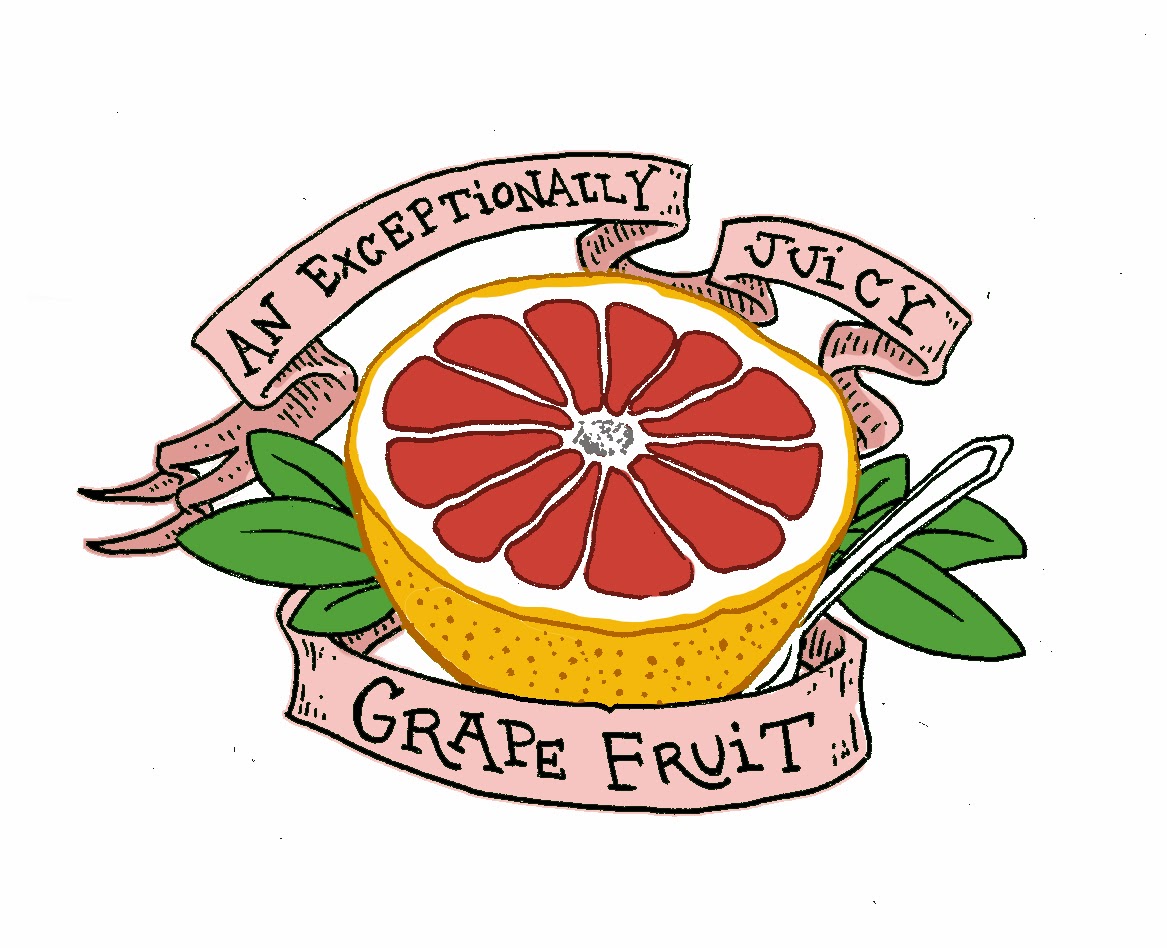The first F I ever got was in 3rd grade, long division. That shit just didn't make sense.
I was devastated. I still remember the feeling in my body. I felt ill. I felt dizzy. This wasn't right. I was good student. I was smart. I did not get Fs. Fs were for my classmates Keyon and Alicia. Fs were not for me.
But here it was. Big red F. Betraying me. Mocking me. It was embarassing. I couldn't let my parents know. The test had to be returned the next school day with a parent's signature. I'd gotten the test back on Friday. I had until Monday to make this right.
I wasn't the kind of kid to forge my mom's signature. (Not until high school, anyway). I figured the best course of action was to zip it up in my backpack and ask Jesus to turn it into a B. I tucked it away and didn't look at it again until Sunday night. On Sunday, just before dinner, I got my backpack from the closet, slowly unzipped it, and cautiously withdrew the test, with the full expectation that Jesus, at some point over the weekend, had improved my grade.
He hadn't. I started to cry. I had never failed anything before. I showed it to my mom, all weepy. I failed. My mom kinda laughed. She found it slightly amusing that I was so distressed over something that was ultimately insignificant, then sat down and helped me understand where all those ridiculous numbers were supposed to go. Happy ending.
But I've never liked failing. Still don't. And who does? To not get the thing you want, the thing you've been trying for, the sometimes critical thing, the thing you've given blood sweat and tears for, the thing that others might be depending on you for? Failing sucks.
But it's also a rule. It's inevitable; it's unavoidable. And a lot of the time, it's good. Psychologists say that failing tests us in a way that is essential for our development. When we fail, we learn to cope with less than ideal circumstances and we're better for it.
They also say that those who haven't experienced failure have never had the chance to learn to cope with it, grow from it and, most importantly, have never been tested beyond what they're already capable of. Failure, it seems, is essential for growth.
And! Failure is the thing makes success possible in the first place. There's so much information in failure. When I fail - in the rehearsal room maybe, or in an argument - I figure out what didn't work and get ideas about what I can do differently next time, and next time I'm better. When scientists fail in an experiment, they get that much closer to solving the mysteries that help us understand the world and, hopefully, help us lead better lives. Without failure, we'd still be in the Dark Ages.
By failing, I slowly gain the potential to succeed more exquisitely. Failure, it turns out, is kinda the best.
Original illustration by Isabella Rotman









.jpg)








